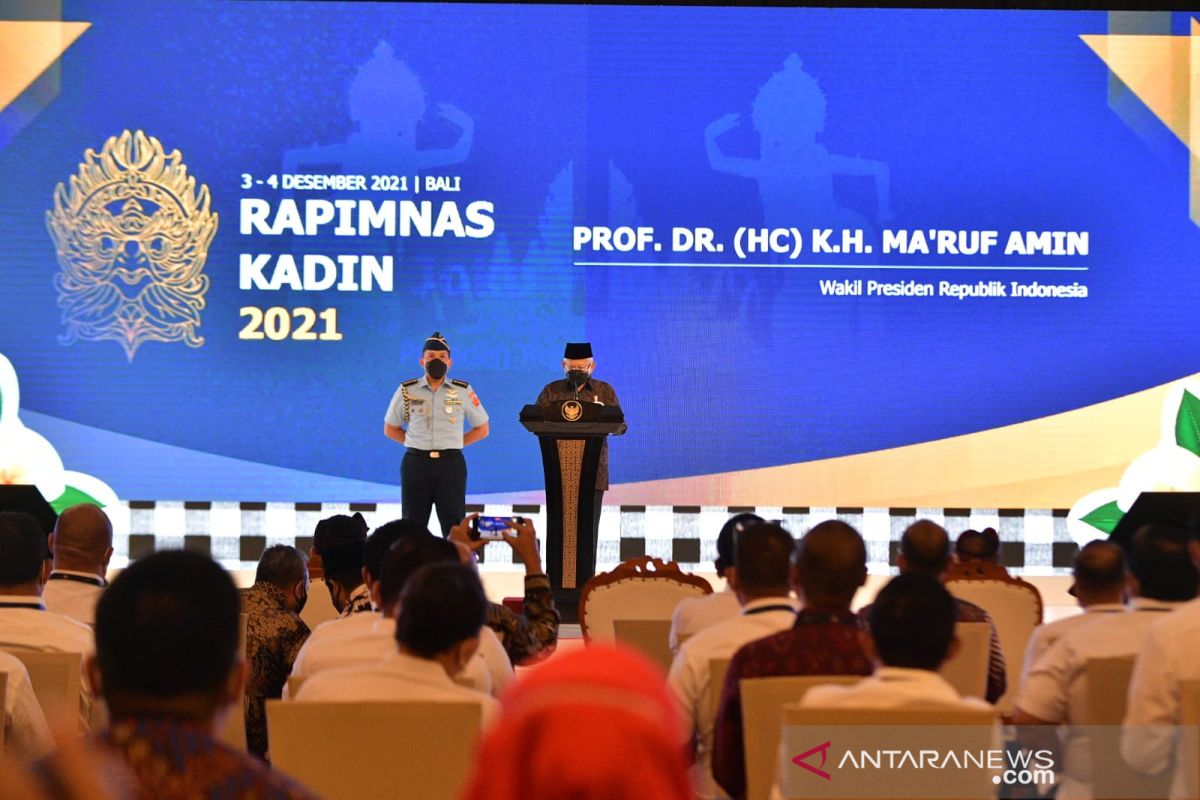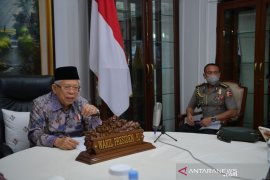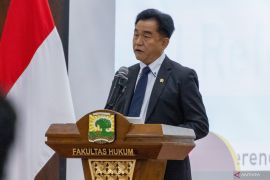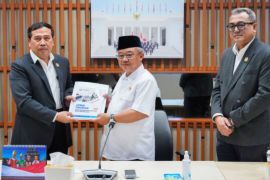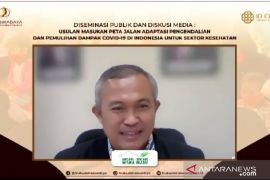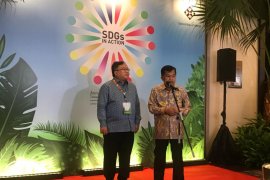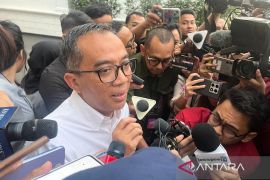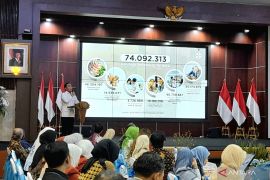Based on the data of the National Socio-Economic Survey conducted by the Statistics Indonesia (BPS) in 2019, only 21.9 percent of the Indonesian population enjoyed economic prosperity, Amin said.
"In fact, economic prosperity in Indonesia is only enjoyed by no more than 21.9 percent of the top tier population. This means that inequality remains a serious problem in Indonesia," he remarked in a statement here on Sunday.
Based on the 2019 BPS data, 9.4 percent of the Indonesian population is categorized as poor, 20.6 percent as vulnerable people, 48.2 percent as transitional toward middle class, 21.5 percent as middle class, and only 0.5 percent as high incomes.
Related news: Economic growth should help address social gap: President
To lift people out of poverty, more people should be involved in business activities, he said.
Meanwhile, the 2021 data of the Ministry of Cooperatives and Small and Medium Enterprises showed that as many as 64 million residents are engaged in business activities, including 98.6 percent engaged in micro businesses, 1.2 percent in small businesses, 0.09 percent in medium scale businesses, and 0.01 percent in major businesses.
"This means that serious steps are needed to be taken to increase the number of people engaged in medium and large scale businesses," he added.
The Vice President said those data showed that redistribution of people's welfare remains a homework that must be done by various parties.
"It shows that the redistribution of welfare is a crucial homework for this nation, in order to make social justice a reality, and not just written in the state principle and the constitution," Ma'ruf Amin remarked.
Related news: Jakarta bay reclamation project has potential to widen social gap
Translator: Fransiska N, Fardah
Editor: Suharto
Copyright © ANTARA 2021
